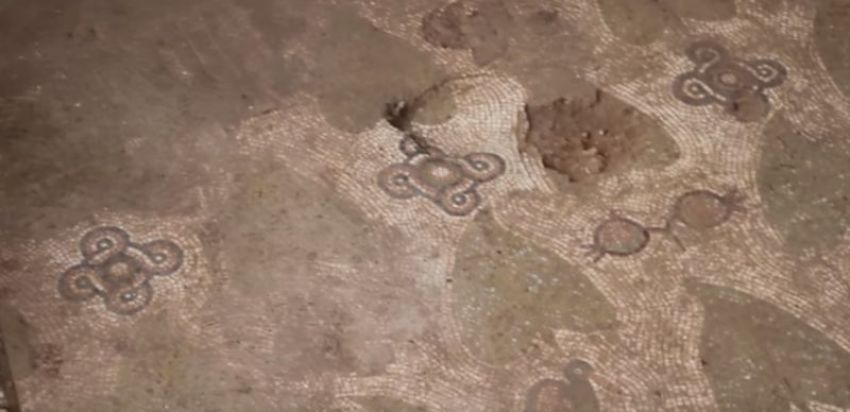Archaeological Discovery: 1,500-Year-Old Church Discovered in Israeli Town

The ruins of a major church that is at least 1,500 years old have been discovered in an Israeli town, with researchers believing that the structure was a prominent local entity.
Located in the modern town of Beit Shemesh, the church and corresponding monastery were unearthed with the aid of hundreds of teenaged volunteers.
Benyamin Storchan, director of the excavation for the Israeli Antiquities Authority, explained on Wednesday to local media that the site was one of "outstanding preservation."
"We were surprised by the wonderful state of preservation of the ancient remains, and the richness of the finds being uncovered," stated Storchan, as reported by The Jerusalem Post.
"The artifacts found in the large building, which seems to be a monastic compound, may indicate that the site was important and perhaps a center for ancient pilgrims in the Judean Shfela [Judean foothills] region."
Finding the remains of the church and its monastery was a gradual process, with walls being sited in August and the ornate mosaic being uncovered last month.
"They also found parts of a chancel screen (a divider), a window post with crosses, and incense burners," reported Haartez. "The church faced east, like every other church in the region with two exceptions, the Church of the Holy Sepulchre in Jerusalem and the Madaba Church in Jordan."
Haaretz also reported that archaeologists at Beit Shemesh had previously located "a major wine-producing installation and an olive oil production facility, both a minute's walk from the church," strongly implying that the church was a "central entity" for the community.
The church also had a vast amount of marble, imported from Turkey, according to Haaretz.
"The size of the church, some 40 by 70 meters (130 by 230 feet), and rich marble decoration are well beyond the level of communal level churches."



























